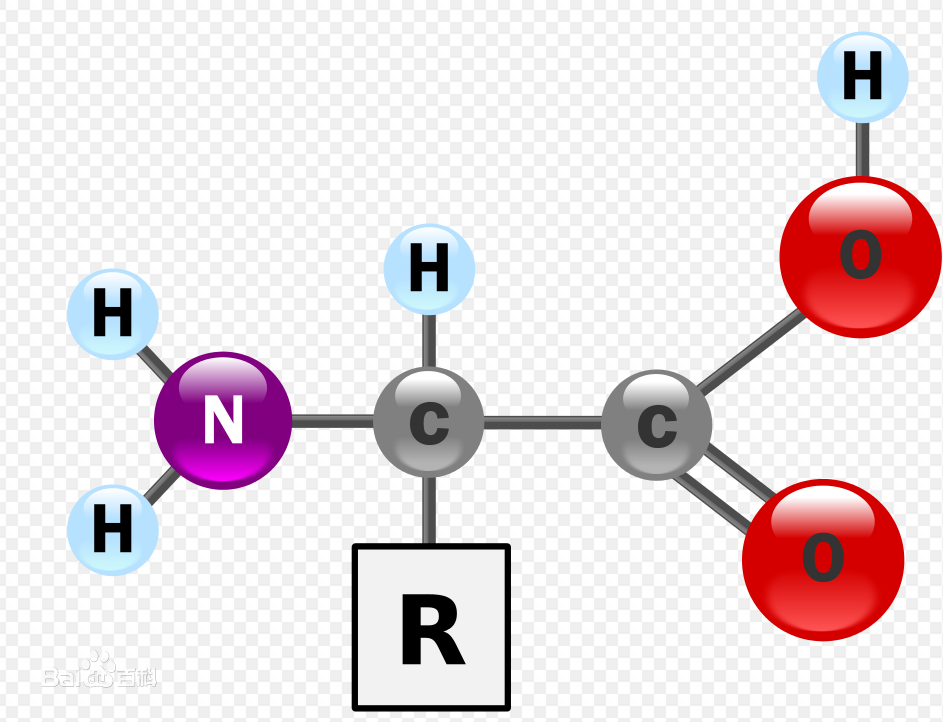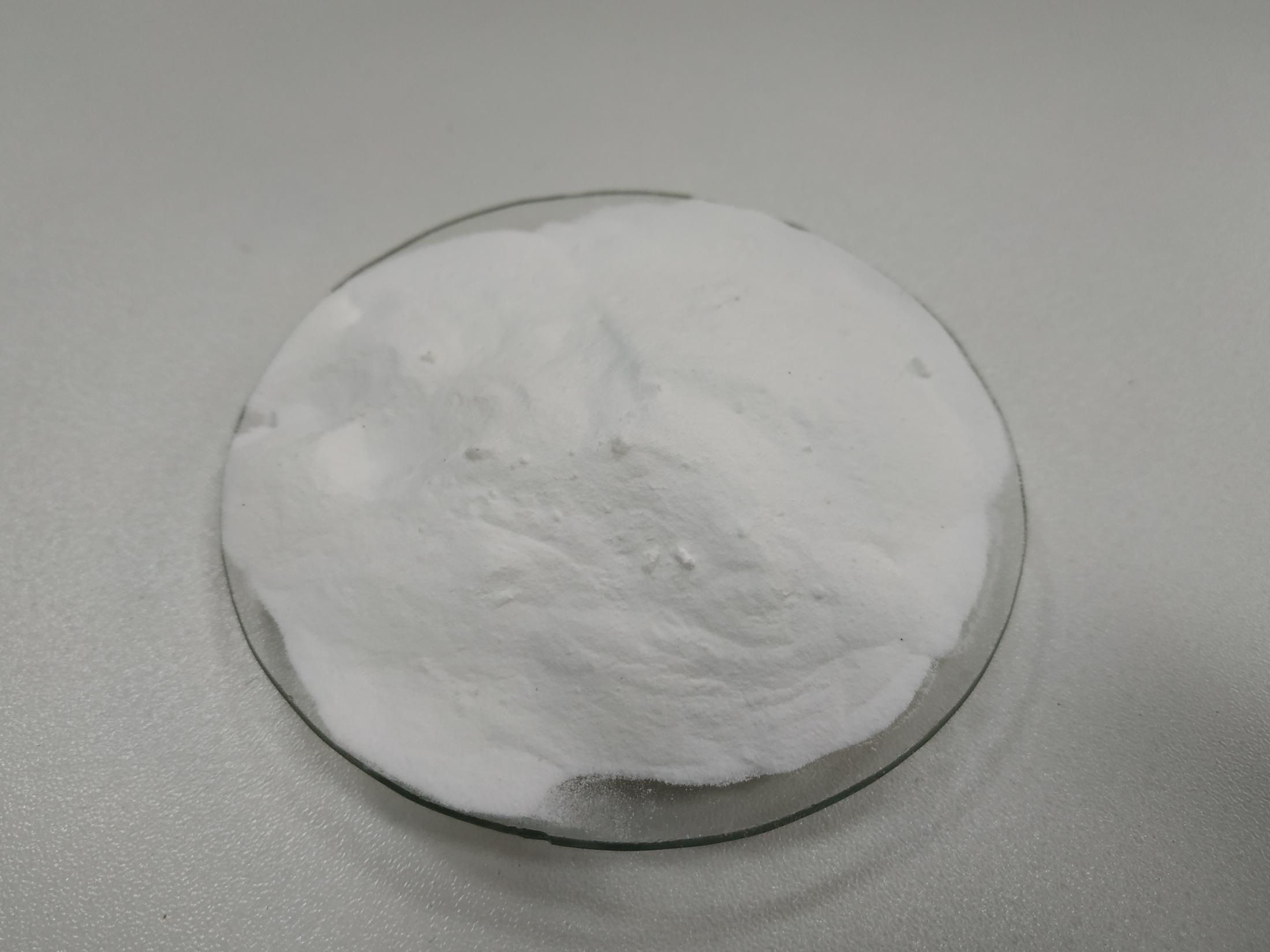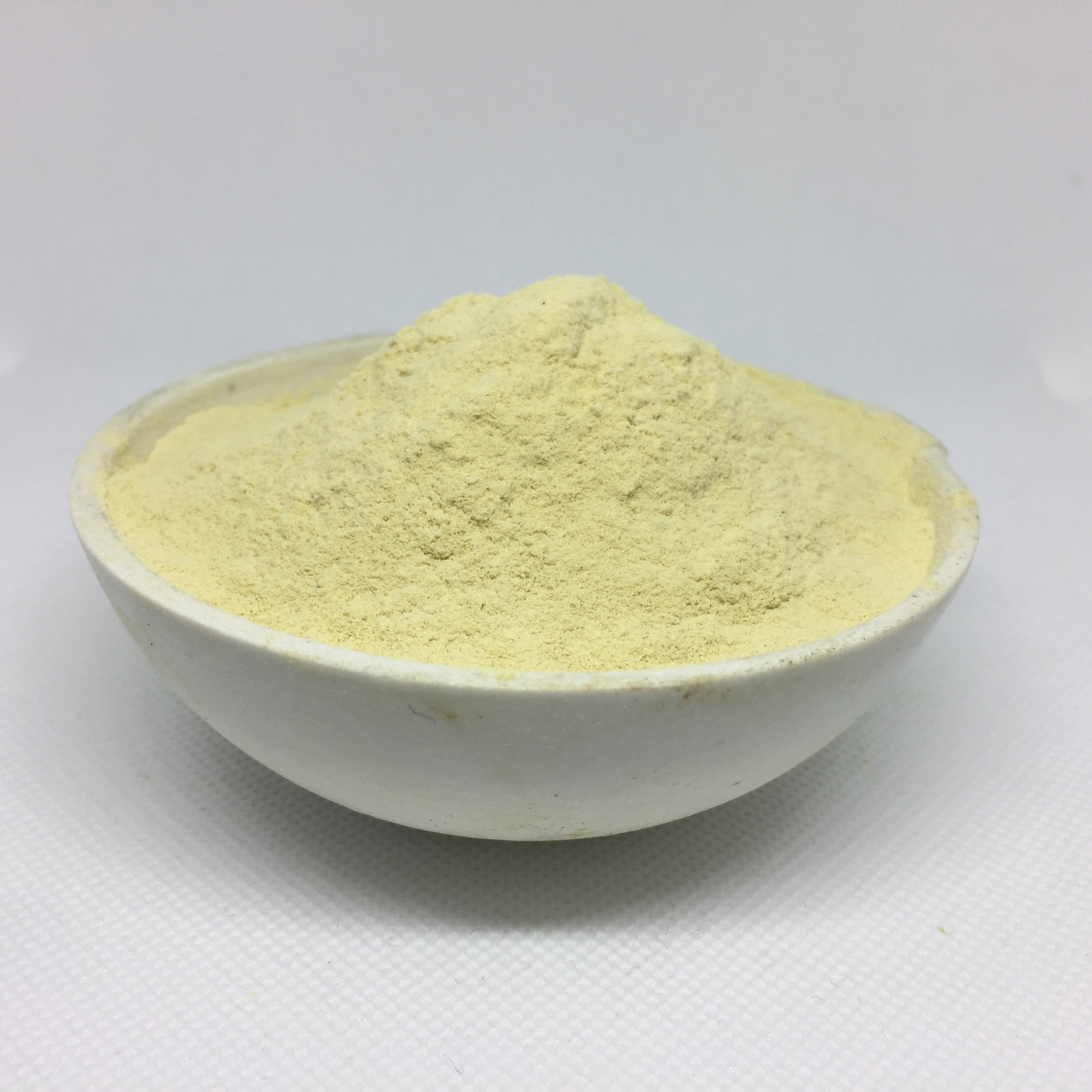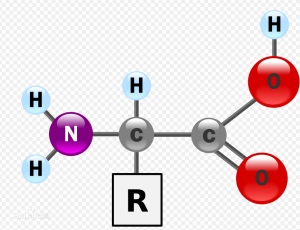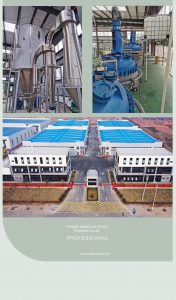Why are amino acids important?
Amino acids play a major role in crops as one of the organic nitrogen sources for crops, especially in adverse conditions (e.g. drought, cold, etc.) where the crop may have a higher affinity for organic nitrogen than inorganic nitrogen; and they also play an important role in promoting plant growth and development, enhancing crop resistance and improving crop yield.
The crop mainly absorbs amino acids through the soil, and the degradation of animal residues in the soil is the main source of amino acids, while amino acids are transformed quickly in the soil, resulting in low and fluctuating levels of amino acids in the soil, making it difficult to meet the amount required for crop growth. Therefore, exogenous supplementation of amino acid fertilizers is needed to enable good crop growth and to increase yields.
What is amino acid fertilizer?
Amino acids are the basic units that make up proteins and are easily absorbed by plants; peptide chains are made up of more than 1 amino acid, peptide chains made up of 2 to 10 amino acids are called oligopeptides and peptide chains are made up of 11 to 50 amino acids are called polypeptides, while proteins are made up of peptide chains and cannot be absorbed directly by plants.
The amino acid fertilizers we usually use contain both amino acids and peptides. Currently, there are amino acids on the market that are hydrochloric acid sulfate hydrolyzed, with a high free amino acid content, which are easily absorbed by plants. There are also enzymatic production processes with complex active peptides, which have been experimentally proven to be well absorbed by plants. Amino acids also have a good bio stimulating effect and are beneficial in forming chelates with metal ions to improve the resistance of crops.
What are the effects of amino acid fertilizers?
When amino acids enter the plant, they stimulate the plant, mainly by increasing the respiratory intensity, photosynthesis, and the activity of various enzymes, thus enabling the fruit to color and ripen earlier, achieving high yields and increasing production values.
When amino acids enter the plant, they stimulate the plant, mainly by increasing the respiratory intensity, photosynthesis, and the activity of various enzymes, thus enabling the fruit to color and ripen earlier, achieving high yields and increasing production values.
-
Promote photosynthesis
Glycine in amino acids can increase the content of chlorophyll in plants, promote the absorption and utilization of carbon dioxide in crops, increase the power for photosynthesis, make photosynthesis more vigorous. Thus, amino acid organic fertilizer is an excellent organic fertilizer for greenhouse crops.
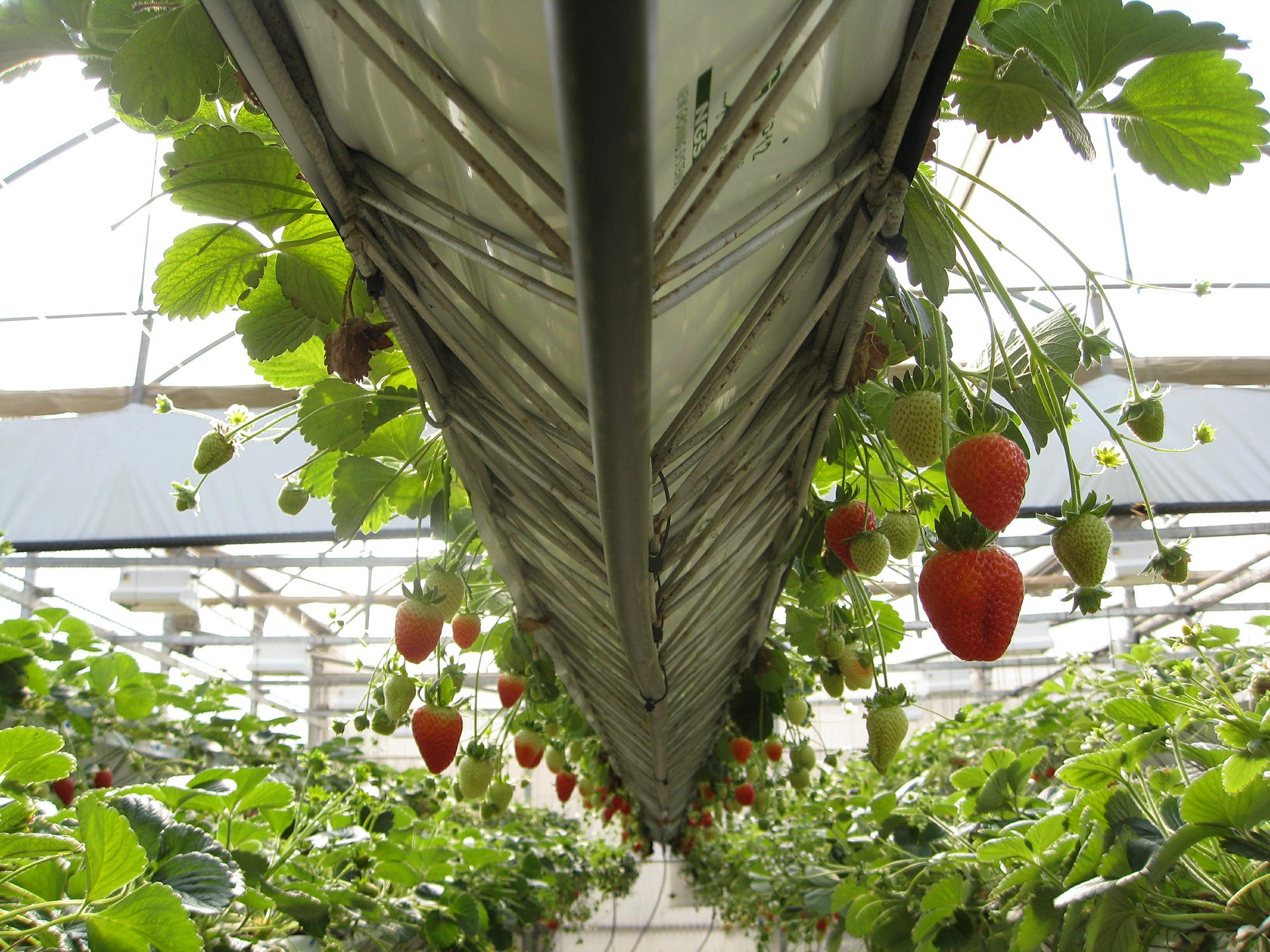
Amino acid organic greenhouse fertilizer
-
Improve the quality of crops
Amino acid fertilizer can improve the quality of crops: increase the protein content of food crops, make cotton lint good quality, long fiber, make vegetables less crude fiber, good palatability, fruits and vegetable fruit big, good color, sugar increase, conversion benefits are significant.
-
Improve resistance to adversity
Amino acids can be absorbed by crops to strengthen their physiological and biochemical functions. Crop stems are thickened, leaves are thickened, leaf area is enlarged, dry matter formation and accumulation are accelerated and crops can mature earlier, and due to their own vitality, cold and drought resistance, resistance to hot and dry winds, resistance to pests, and diseases, and resistance to collapse can be improved, thus achieving stable and high yields.
-
Promote root growth
Amino acids have a special role in promoting the development of the root system of crops and are known as “root fertilizers”. The impact of amino acids on the root system is mainly manifested in the following ways: stimulating the division and growth of the cells of the root-end meristematic tissues, making the seedlings develop roots faster, increasing the number of secondary roots, increasing the number of roots and elongating the root system, which eventually leads to a great increase in the crop’s ability to absorb water and nutrients.

-
Promote the growth of nutrients
On the basis of sufficient nutrient supply, the stimulating effect of amino acids can make the above-ground part of the plant nutrient body grow vigorously, which is expressed in plant height, stem thickness, leaf number, dry matter accumulation, and other aspects. For grain crops, more spikes, more grains, thousand-grain weight, etc. play a role in increasing yields, and the early stages have a good effect on points and reducing the empty rate.
What are the advantages of amino acid fertilizer?
-
Fast fertilizer effect
The amino acids in amino acid fertilizer can be directly absorbed by the various organs of plants, passively absorbed under photosynthesis, or osmotically absorbed, and obvious effects can be observed within a short period of time after use.
-
Clean and pollution-free, improving the ecological environment
Amino acid fertilizer can improve the physical and chemical properties of the soil, increase water and fertilizer retention and air permeability, and play a role in maintaining, maturing, and improving the soil.
Writer: Lulu Peng
lulupeng@cnamino.com

